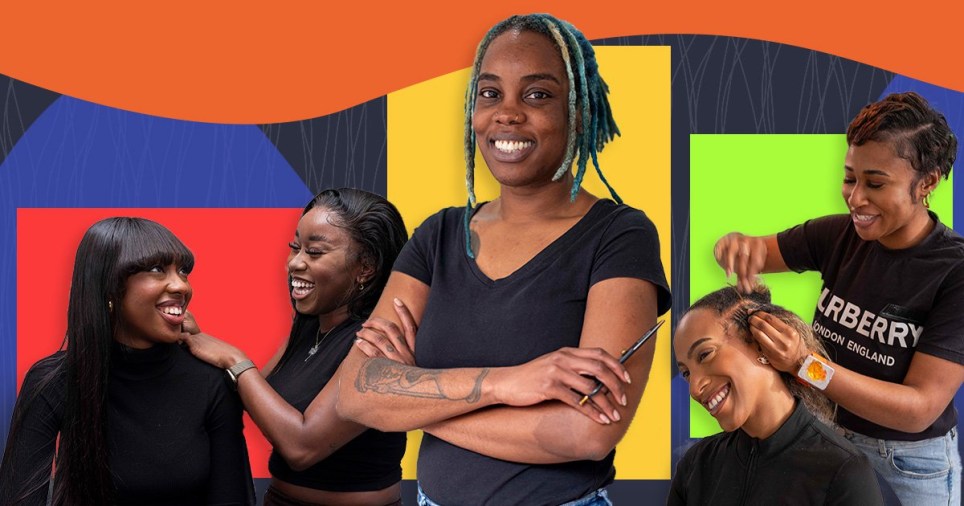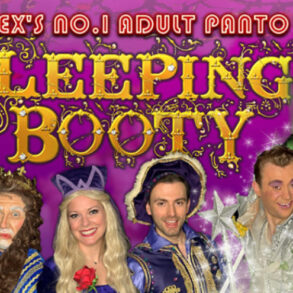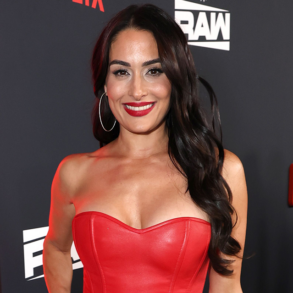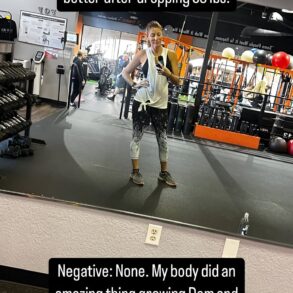
It’s the one place where a woman can be transformed in the space of a few hours – and I’m not just talking about her style.
When a woman enters a hair salon, she allows herself to be vulnerable, placing her trust in the hands of a stranger, her looks and life laid out bare. This is especially true for Black women.
Black hairdressers have carved out spaces for us to feel free. They allow us to leave our baggage at the door, creating an environment of shared knowingness. Here, we aren’t the angry Black woman, we’re safe and seen by our peers.
Though the relationship Black women have with hair is often complex, there’s liberation in playing around with various looks. You might be in the mood for a wig one day, braids the following week, or you might want to shave it all off if you’re feeling brave enough.
And, on a sunny autumn day visiting Black-owned salons across South London, I got to witness the sisterhood in these under championed businesses first-hand.

Geillo Kobba, 27, is the founder of Braids&Chill, a growing business based in Surey Quays in South East London.
Her start-up operates within Hair & Co, a salon that sits between two restaurants, but as you look at the store front, you’ll notice several wig heads with different hairstyles. Straight away, you can see that this is owned by a Black woman.
She began experimenting with hair at the tender age of 13. It was quite common for Black girls to wear braids to school at the time, as most dress codes prohibited weaves or wigs. Geillo wanted something different.
‘My mum used to do my hair and one day I decided to lock myself up in the bathroom and started experimenting with different hairstyles,’ she tells me, as she plaits through her client’s hair.
Throughout her teens, Geillo switched up her hairstyles every week or so, soon developing a passion for braiding. A few years later she attempted to try faux locs, a hairstyle that wasn’t yet widely popular. ‘I used to get many people asking me where they got their hair done, so I eventually decided to try doing hair for different people,’ she says.
After her short trial period, she decided to make an Instagram account, registered her business, and Braids&Chill was born.
Today, her client is 27-year-old Sharifa Tucker from East London, who was actually her first customer when she launched her business. After years of bonding in the salon, the pair became best friends.


‘Getting your hair done is a really personal experience. For a lot of Black women, our hair is our crown, although all of our journeys are different,’ says Sharifa.
‘You sit in that chair knowing that you’re going to leave feeling really good about yourself, it’s almost like mini therapy. You can have your little girl chat with your hairdresser and it just feels really nice.’
Connections like these are just as meaningful for the stylists as the customers.
‘I’ve had a few clients that have suffered with hair loss or don’t feel 100% confident about their hair. So when I finish doing someone’s hair I get to see the joy on their face when they leave that chair, it feels very fulfilling,’ shares Geillo, adding that salons feel like home.
‘There’s no judgment and we can talk about everything and anything.’


One topic of conversation that inevitably crops up is natural hair, because not every
Black woman feels 100% confident with it. This is where 34-year-old trichologist and hairdresser Ebuni Ajiduah from South London steps in.
Ebuni meets Black women where they are, she isn’t looking to force Black women to love their hair, but she wants them to have healthy hair.
I meet Ebuni in Elephant and Castle at Untype hair salon. Ebuni is the founder of the salon, which is probably one of the nicest I’ve been to. As I walk in, I see a little library of Black books and hair products to purchase.
It also has a selfie room where you can take pictures after your appointment and reclinable massage chairs that allow you to relax whilst you’re getting your hair washed.

Similarly to Geillo, Ebuni first started practicing hair on herself in her teens. ‘I wanted to look cool in secondary school with cane rows and I was forced to learn how to do them because my mum wasn’t able to,’ she says.
Soon, her friends started making requests. ‘Then I started getting different people like parents and cousins that wanted me to do their hair and it just kind of expanded,’ she remembers.
Ebuni has since balanced hairdressing with different roles, including being a science teacher. However, she’s always dreamed of opening her own salon.


Growing up in the UK, aunties (older Black women) ran the hairdressing scene. Though they were (and still are) great at doing hair, Ebuni says the salons didn’t always feel inclusive for young people and she wanted to change this.
‘I didn’t really like the salon experience, I wanted to create somewhere I liked,’ she shares. ‘African salons were cool but they didn’t feel appropriate for me. I wanted a space where I could go with my friends.’
Now that she gets to work with Black women every day, she can’t imagine doing anything else. ‘It’s this or nothing,’ she says. ‘Getting to choose my clients, not having to explain yourself and knowing there’s that understanding there is the best feeling.’

For Ebuni, it’s vital her salon is a safe space where women can come and lay down their problems while leaving with a new look. ‘Not only are they going to leave looking physically different when they leave, but they wanna feel lighter as well.
‘It’s nice to know that however many hours you spend together, you’re helping them work through something. Salons allow Black women to look after each other. You might be discussing something and another customer will chime in, adding their two pence.’
Outside of hairdressing, she hosts event classes teaching Black women how to do their hair. If you’re a Black woman who can’t braid like me, you often feel shame. But, Ebuni reminded me that like anything else in life, learning to do your hair is a skill. If you want to learn how to do a twist out, canerow, or how to braid, Ebuni has you covered.
Georgina Afuape, 28, from Kent is the founder of Hair Possesions and is now my personal hairdresser. I stumbled on her page three years ago on Instagram and she’s been making my wigs ever since. She specialises in styling and making wigs, wig repairs, and revamps.
The world of wigs can be confusing. There are different hair types, inches, densities, and vendors. It’s not as straightforward as picking out a packet of hair from your local hair shop.

Prior to meeting Georgina, I was all but clueless about these details, but she broke it all down for me and I haven’t gone to anyone else for my hair since.
‘I like that I’ve been able to educate Black women on styling and repairs and revamps,’ she says. ‘I’ve always had an interest in hair and when I was in year 10, I started buying wigs to play around with.’
In her first year of university she started selling hair from a hair factory in Nigeria. Then her company, Hair Posessions, was born. She runs the salon from home in her bedroom in Croydon. Her room is spacious and has a big hair chair situated in front of a large mirror where you can watch yourself being transformed. I always feel at home with Georgina, so it’s not a surprise that our relationship has blossomed throughout the years.
‘I wanted to help women with their lace closures and frontals as they are often in need of repairs and hair can obviously get really expensive,’ she explains. ‘So I asked myself how I can produce an affordable service for Black women.’


Now, she loves being able to welcome Black women into her space every day.
‘There are moments where we need to be in spaces where people understand us,’ she says. ‘It’s more than just hair, it’s knowing that I’ve created a safe space for black women to come into.’
Though she understands the power of hair salons she thinks these businesses are slowly dying. ‘More people like myself are choosing to do hair at home,’ she says.
‘You can transform your house into a salon as I’ve done, but in general these spaces champion the spaces of sisterhood and community because you’re surrounded by people who look like you and you’re probably not going to get that on a regular basis.’
Georgina believes that these spaces allow other Black women to feel inspired. As you’re getting your hair done, you’ll watch another Black woman getting her hair done too and perhaps make a note of her style for your next appointment.
‘It’s also the feeling of knowing that you won’t get pushed away because your hair isn’t good enough,’ she says. ‘Whatever Black salon you walk into, you’ll find someone who can cater to your needs.’
MORE : ‘I used to think Black girls can’t be authentic on Love Island – I changed that’
MORE : The Black LGBTQ+ icons young queer people want you to know about
Sign up to our guide to what’s on in London, trusted reviews, brilliant offers and competitions. London’s best bits in your inbox
This site is protected by reCAPTCHA and the Google Privacy Policy and Terms of Service apply.
This post was originally published on this site be sure to check out more of their content.








